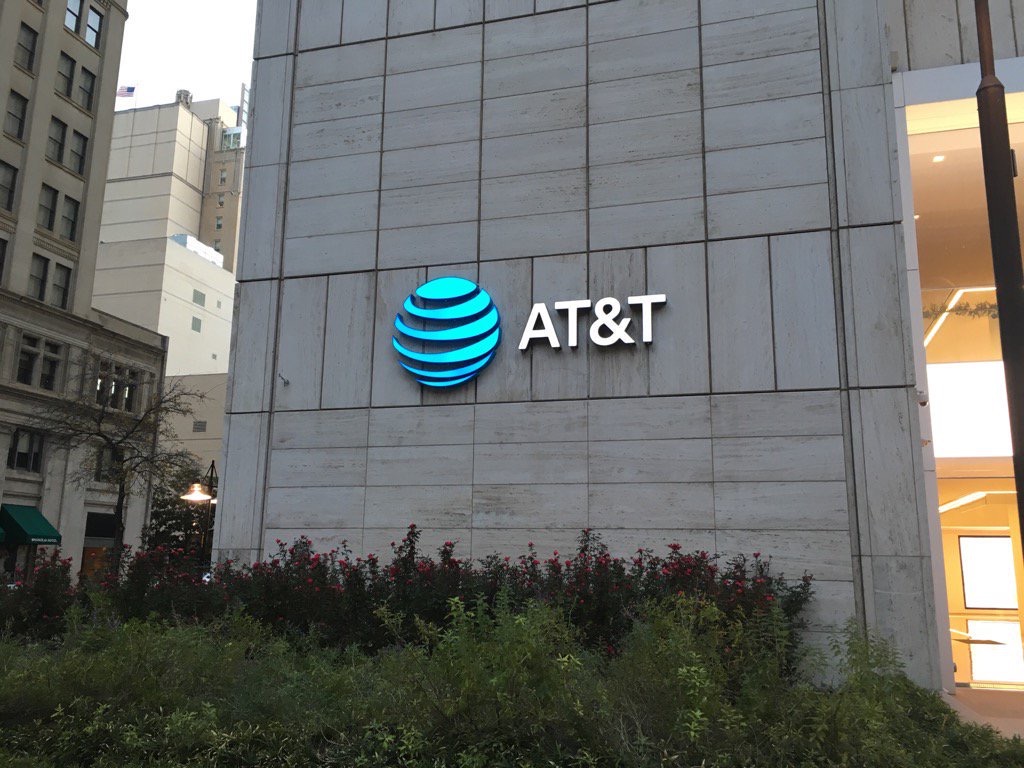
An 85 billion dollar Merger and Acquisition, (M&A) is no small feat. The proposed merger between Time Warner and AT&T [1] has been especially criticized because of their sheer magnitude. Merging these two giants together would create a great imbalance in the market and potentially a monopoly if details were overlooked. Politicians from both Democratic and Republican parties have slammed the deal, saying that it is too much a concentration of power.
“This deal would mean higher prices and fewer choices for the American people.” – says Bernie Sanders. [2]
This merger is a problem dying to explode. Applying Porter’s 5 forces [3] to this case, a merger would mean less rivalry in the market, a higher concentration ratio and therefore a high barrier to entry. Leaving the industry highly unattractive to enter for potential entrepreneurs meanwhile hurting consumers with limited choices. Furthermore, consumers will be left with limited buyer power; with few substitutes in the market, buyers are fragmented and virtually have no influence in the prices set by the industry.
Additionally, this merger would mean that AT&T will be controlling the devices consumers use to watch TV as well as what kind of content they choose to watch on the device. They would be expanding their segments and be able to capture a new stream of revenue by diversifying. Similar companies in Canada already provide telecommunications and multimedia; examples are like Bell and Rogers. They do not pose a big of threat as AT&T and Time Warner because of two reasons; there is strong competition in the Canadian market and the size of these companies cannot compare to the two titans. This deal is bound to damage the income of the American people; it is up to the government to decide whether or not to approve this deal.

TV Show Game of Thrones, owned by Time Warner.
According to Market Watch’s Mark Hulbert, his opinion is that this deal would be would inherently bad for the stock market, potentially sparking a renewed wave of M&A’s. He believes this wave will end up bursting like the tech bubble in 2001. A high percentage of M&A deals have been financed with cash recently, reflecting an overvaluation in the bond market. Overvaluing or undervaluing something for a long period of time can conceive the potential for financial crisis.
In my opinion, I whole-heartedly believe that this deal is doing more bad than good. Especially for the average consumer, there is no reason to want this merger to succeed. Phone plans and TV bundles are expensive enough already. Allowing two giants to merge together will permit for unreasonable price surges; being done gradually so that consumers will not notice. This deal is clearly dangerous and absolutely should not proceed, I cannot see any benefits to consumers; the government must reject this proposal and stop the deal all together.
Word Count (450)
Citations:
[1] Merced, Michael J. De La. “AT&T Agrees to Buy Time Warner for $85.4 Billion.” The New York Times. The New York Times, 2016. Web. 30 Oct. 2016.
[2] Gryta, Thomas. “AT&T Faces Political Barrage Over Time Warner Deal.” WSJ. Wsj.com, 2016. Web. 30 Oct. 2016.
[3] “Porter’s Five Forces.” Porter’s Five Forces. N.p., n.d. Web. 30 Oct. 2016.